Página Inicial Faculdade de Ciências Médicas – FCM
LABORATORIO DE METABOLISMO HIDRO-SALINO E PROGRAMAÇÃO FETAL - LHS
Hydroelectrolytic Metabolism Laboratory. Address: Experimental Medicine and Surgery Nucleus, School of Health Science College of Medicine at State University of Campinas, SP. Contact Details - Email: gontijo@fcm.unicamp.br and alineboer@yahoo.com.br. Research Profile: According to David Barker and colleagues (1989), changes in maternal environment can have great impact on organic development of the offspring. Both malnutrition and, more recently, obesity are known to affect the function of a number of organs and systems. Our research field of study focuses on different aspects of developmental biology and blood pressure control, especially on maternal environmental (nutritional) factors that impact on the kidney development and function and this would result in irreversible damage to adult offspring health. Since maternal obesity and diabetes is rapidly increasing in the world we evaluate the impact of nutrient excess and deficiency during gestation on the process of nephrogenesis in the offspring. This implies that normal variations in the transfer of food from mothers to babies have profound long-term implications for the health of the next generation. Our group has shown that low nephron number is linked with increased risk of blood pressure and abnormal kidney sodium handling in adulthood. Also, we have done studies demonstrating striking morphological and functional changes of autonomic control areas of central nervous system which are associated with fetal programming. We were the first to show the link between gestational low protein intake, podocytes disorders and abnormal nephron expression of angiotensin receptors, miRNA and enhanced collagen expression. Prior studies in our lab also have shown memory and learning changes associated with dendritic arborization in hippocampus e BNST cerebral structures in programmed offspring. For that, a model of gestational exposure to protein deficient and/or fat-rich diets is employed to study the impact of these environmental factors on kidney ontogeny, neuroendocrine regulation of renal/adrenal function and, on renal mediated thermogenesis. The morphological approach is done by light and confocal microscopy; Signal transduction is evaluated by immunoblot. Gene expression is studied by real-time PCR. ELISA technique is employed to determine hormone concentration. Brain-kidney connectivity is evaluated in models submitted to stereotaxic manipulation.
Metabolismo Hidrossalino e Fisiopatologia da Hipertensão Arterial; Controle Neural do Rim; Programação Fetal;
Hipertensão arterial; controle neural do rim; natriurese; programação fetal.
JOSE ANTONIO ROCHA GONTIJO
IZE PENHAS DE LIMA
FAPESP
19 3521-8019
gontijo@fcm.unicamp.br
http://www.ocrc.com.br/
FCM 15 - NÚCLEO DE MEDICINA E CIRURGIA EXPERIMENTAL -BLOCO I
R. Cinco de Junho, 350
Laboratório de Metabolismo Hidro Salino
Cidade Universitária Zeferino Vaz
CEP: 13083-877 - Campinas, SP



